
BYD showcases five electric vehicle models and core technologies at the Japan Mobility Show 2023, formerly known as the Tokyo Motor Show, in Tokyo in October. (JIANG XUEQING/CHINA DAILY)
EV ambitions
BYD has launched two passenger EV models in Japan — the Atto 3 mid-size sport utility vehicle and the Dolphin hatchback. Another midsize fastback sedan, Seal, will be launched in Japan this year.
As of end-December 2023, the number of newly licensed BYD electric passenger vehicles in Japan exceeded 1,440.
"Japanese consumers are discerning when it comes to cars, with various preferences. BYD will gradually introduce different popular models based on actual market demand in Japan, allowing consumers to choose the model that suits them best from the BYD EV family," Liu said.
The starting price of the Dolphin, released in Japan in September 2023, is 3.63 million yen ($24,200).EV-related public subsidies from Japan further bring the cost down to 2.98 million yen.
Comparable in size to the Nissan Leaf, BYD says the Dolphin can travel around 400 kilometers per charge, surpassing the Leaf's range.
Shinya Omori, president of SC-ABeam Automotive Consulting, told Japanese daily Yomiuri Shimbun that the Dolphin's affordability and its classification as a compact car, popular in Japan, could contribute to its swift sales success in the country.
Nonetheless, a source close to a Japanese car manufacturer expressed concerns about BYD's limited recognition in Japan, potentially hindering widespread adoption of the model.
Gaining recognition from Japanese customers is a challenging task for Chinese automakers in the short term, said Roy Lu, an independent auto analyst in Shanghai.
"Compared with other overseas markets, Chinese automotive companies are not very familiar with Japan and their understanding of local consumers is limited as well, so cultivating brand awareness and winning the first group of buyers will be a particularly crucial start," Lu said.
As a startup passenger car brand, BYD's brand awareness in Japan is far from the expected target.
"How to instill confidence in consumers about the BYD brand is an area where the company still has a long way to go. Because of this, we continuously focus on and value our cooperation with dealers," Liu said.
Apart from working together with local partners to consistently bring products that suit different consumers, the EV maker also aims to optimize its after-sales service system in the Japanese market.
BYD has partnered with Meiji Sangyo, a Tokyo-based auto parts company, to address the shortage of EV mechanics in Japan. Staff from BYD's dealerships commute to an e-garage operated by Meiji Sangyo in Kanagawa prefecture for specialized training sessions, Nikkei Asia reported.
Currently, the pace of EV adoption in Japan is slow. On the one hand, there are relatively few models of electric cars to choose from in the country. A survey conducted by BYD found that though Japanese consumers have expressed an interest in electric cars, they have not found suitable models in the domestic market.
On the other hand, hybrid electric vehicles in Japan are well-made and highly recognized. This may have affected the speed of growth of pure electric cars.









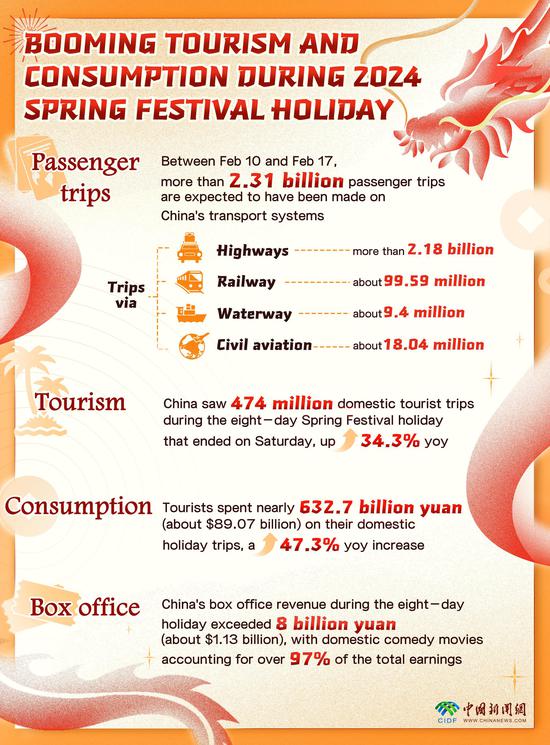







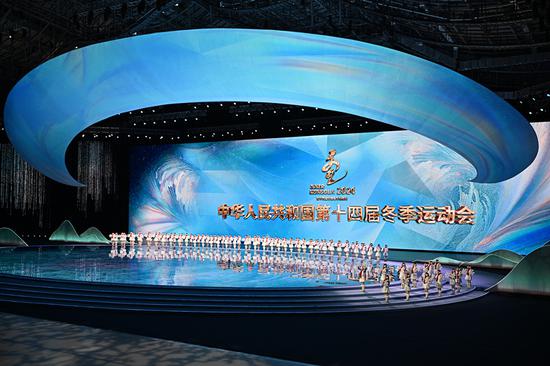




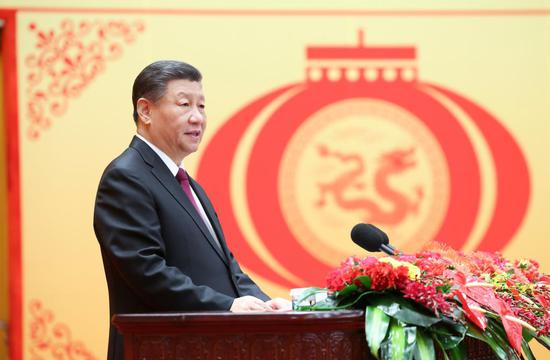










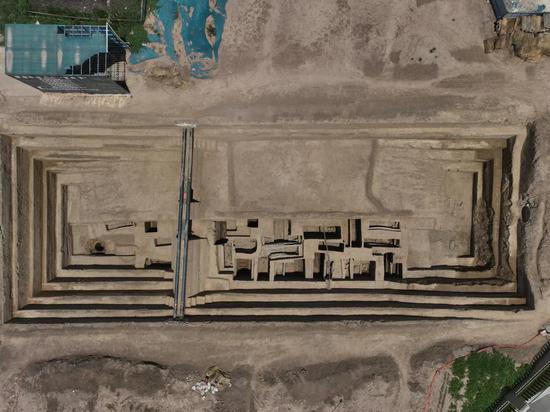
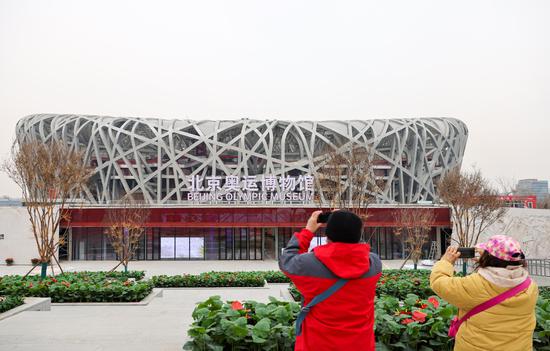






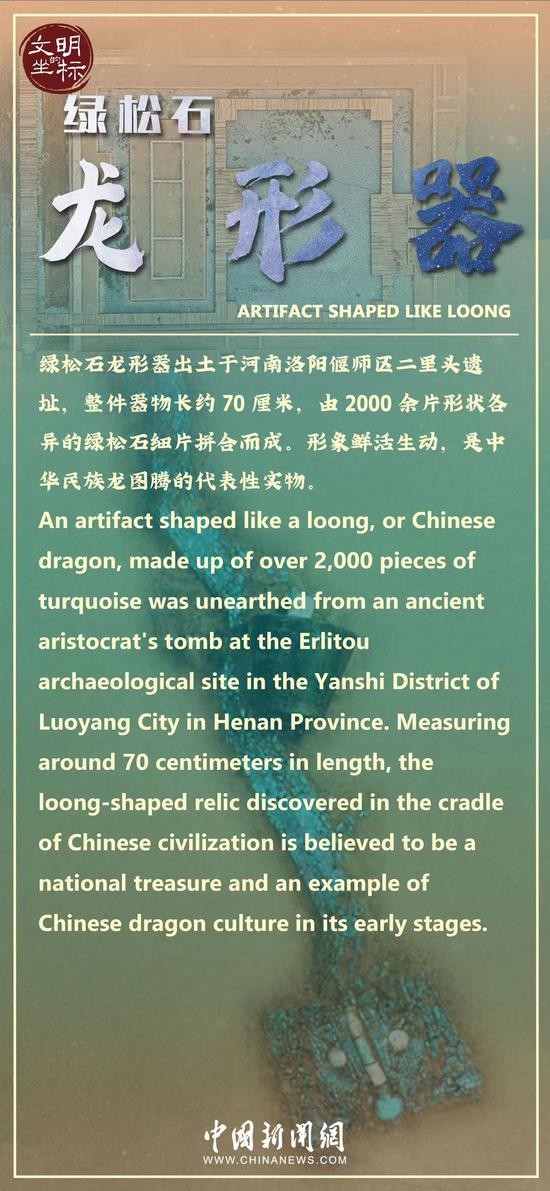


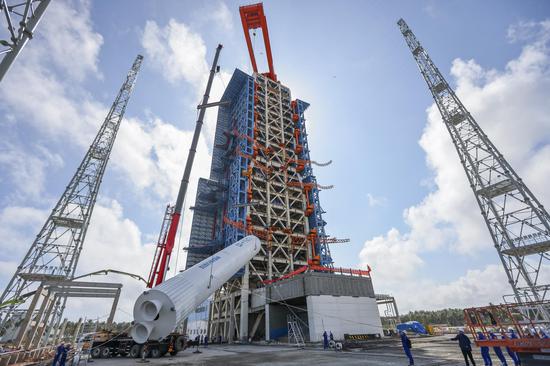





 京公网安备 11010202009201号
京公网安备 11010202009201号
